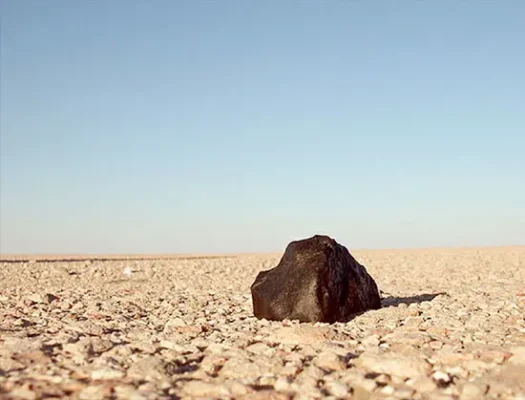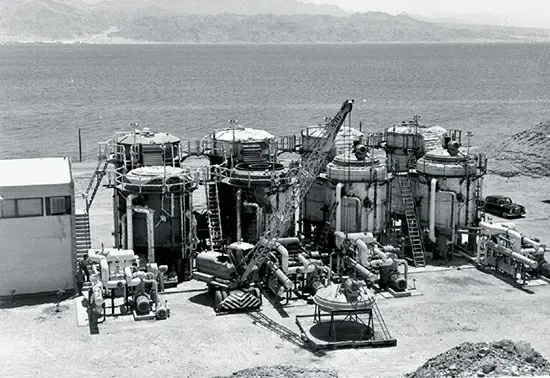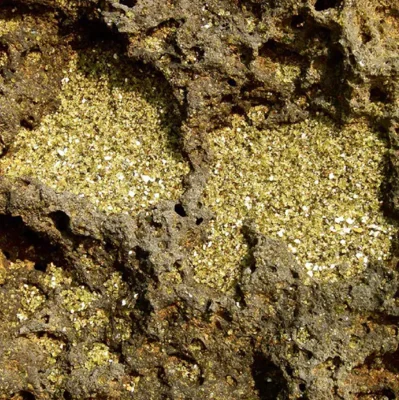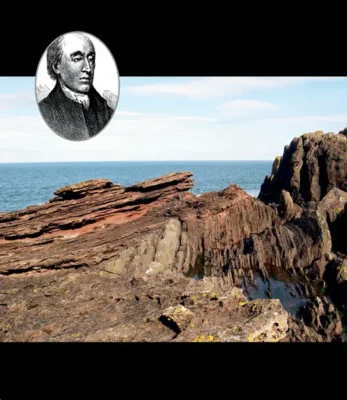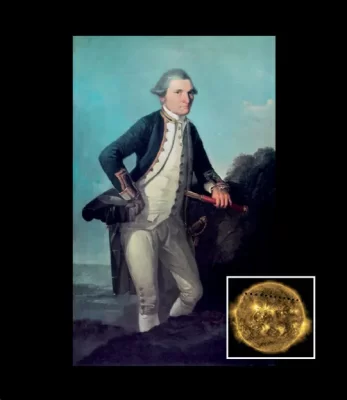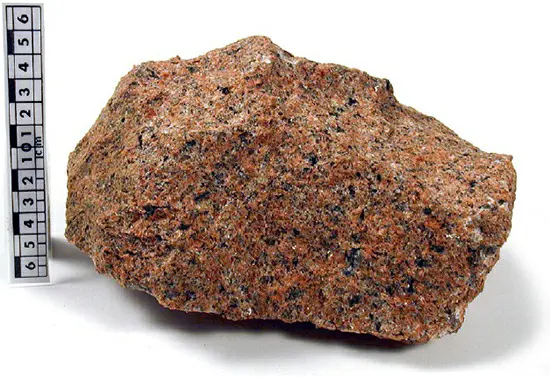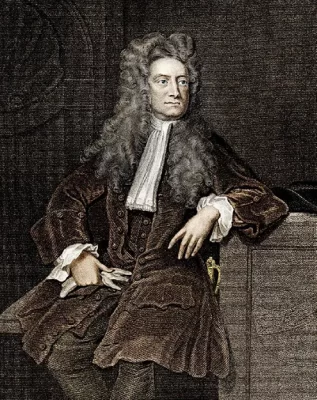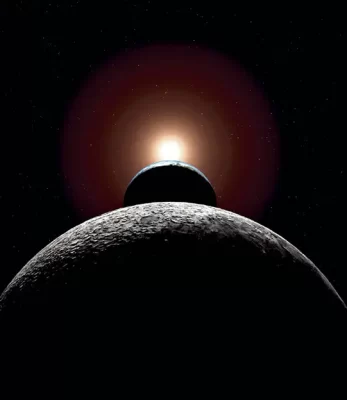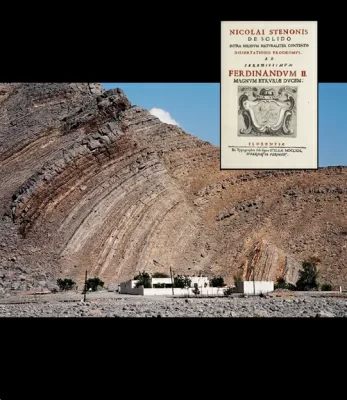1798: Understanding Population Growth – The Malthusian Perspective
Since the last glacial period, human population growth has been significantly influenced by agricultural and technological advancements. Thomas Robert Malthus's theory highlights the potential conflict between population growth and food supply. As the world population [...]
1794: Meteorites: Unveiling the Mysteries of Space Rocks
Initially dismissed as absurd, the idea that rocks can fall from space was proven by Ernst Chladni and Jean-Baptiste Biot in the late 18th and early 19th centuries, founding the field of meteoritics. Today, over [...]
1791: Desalination – The Solution to Freshwater Scarcity
Desalination, the process of removing salt from seawater, is a key solution to the global freshwater shortage. With ancient roots and modern technological advances, particularly in reverse osmosis, this practice is becoming more sustainable and [...]
1789: Olivine – The Earth’s Mantle’s Gem
Olivine, an abundant magnesium-iron silicate in the Earth's mantle, is key to understanding planetary structures. Its polymorphism and occurrence in volcanic areas, as well as in lunar, Martian, and meteoritic rocks, make it integral to [...]
1788: James Hutton’s Discovery of Unconformities
James Hutton revolutionized geology with his observation of angular unconformities in rock layers, leading to the understanding of "deep time" and laying the foundation for modern geological principles
1769: Captain Cook’s Historic Voyage – Observing the Transit of Venus
Captain James Cook's voyage on HMS Endeavour in 1769 marked a turning point in exploration, combining scientific pursuit with maritime exploration. Tasked by the British Royal Society, Cook observed the rare transit of Venus from [...]
1747: Feldspar – The Backbone of Continental Crust
Feldspar, constituting a major part of the Earth's continental crust, is a framework silicate mineral rich in silicon, oxygen, and elements like calcium, potassium, and sodium. First named by Johan Gottschalk Wallerius in 1747, feldspar's [...]
1687: Isaac Newton and the Law of Gravity
Isaac Newton's groundbreaking work in physics, culminating in his Law of Universal Gravity, transformed our understanding of the universe. His Principia Mathematica, published in 1687, laid the foundation for classical mechanics and upheld the heliocentric [...]
1686: Isaac Newton and the Science of Tides
Isaac Newton's groundbreaking work in the 17th century established the scientific understanding of tides as a result of gravitational forces exerted by the Moon and Sun on Earth's oceans. This understanding revolutionized our knowledge of [...]
1669: Nicolas Steno – The Father of Stratigraphy
Nicolas Steno, initially trained in anatomy, revolutionized geology by establishing foundational principles of stratigraphy. His work in the 17th century, recognizing fossils embedded in rocks and formulating principles like the Law of Superposition and Principle [...]


